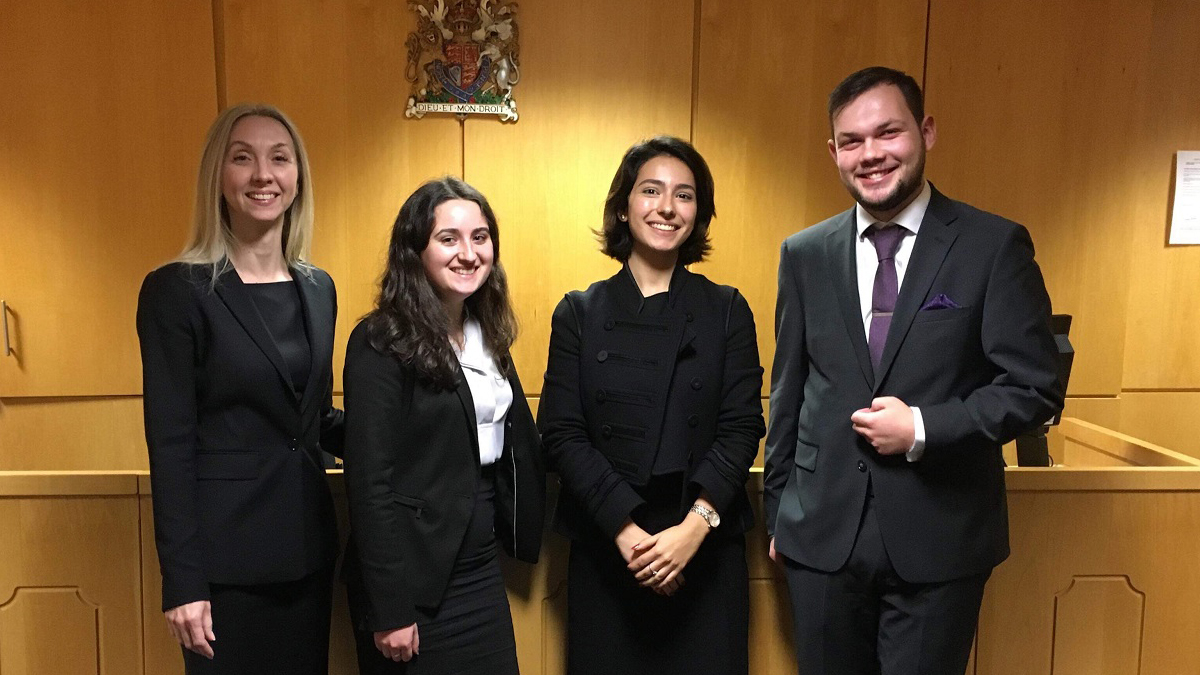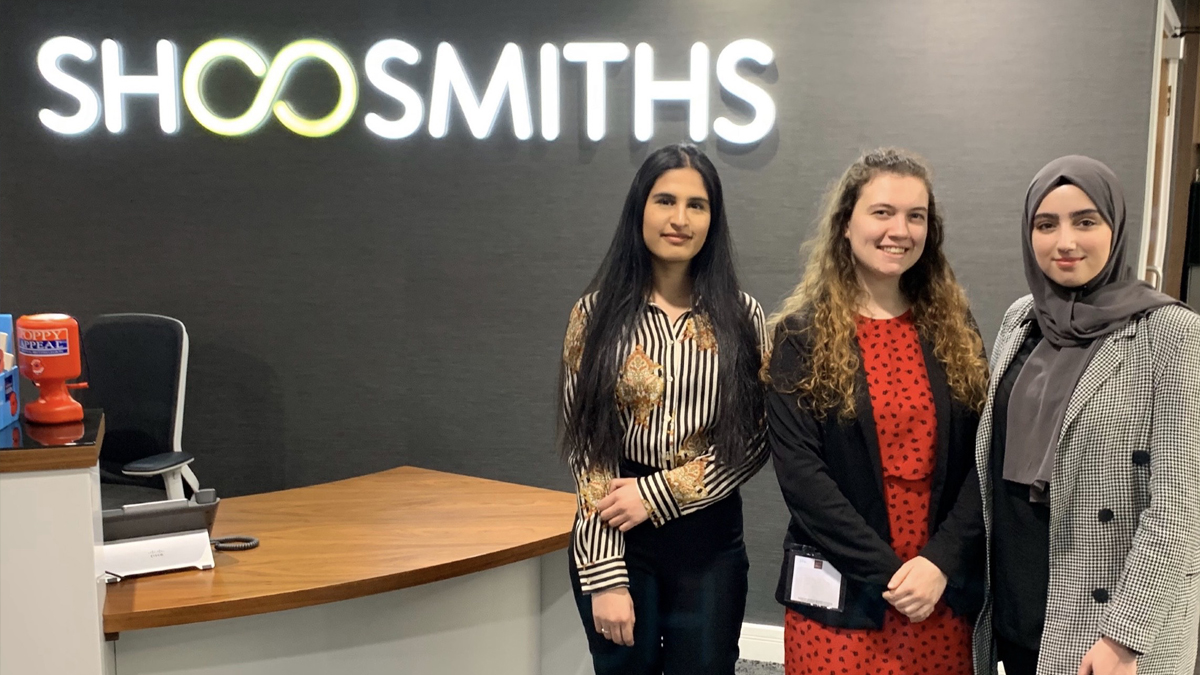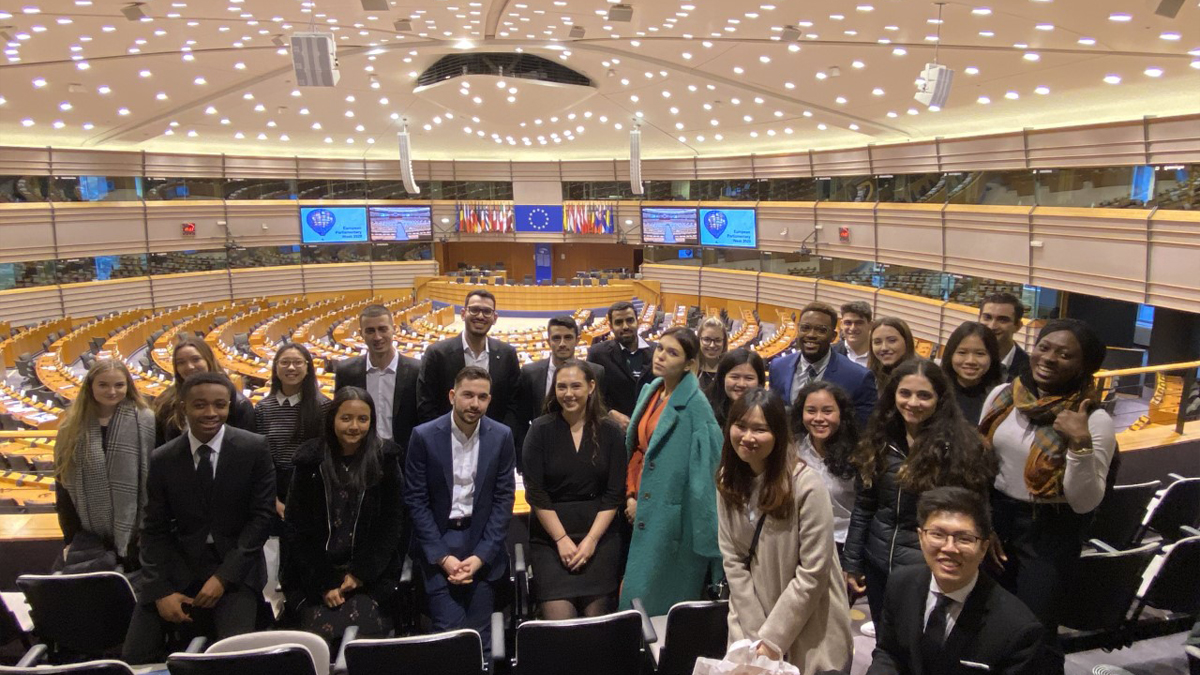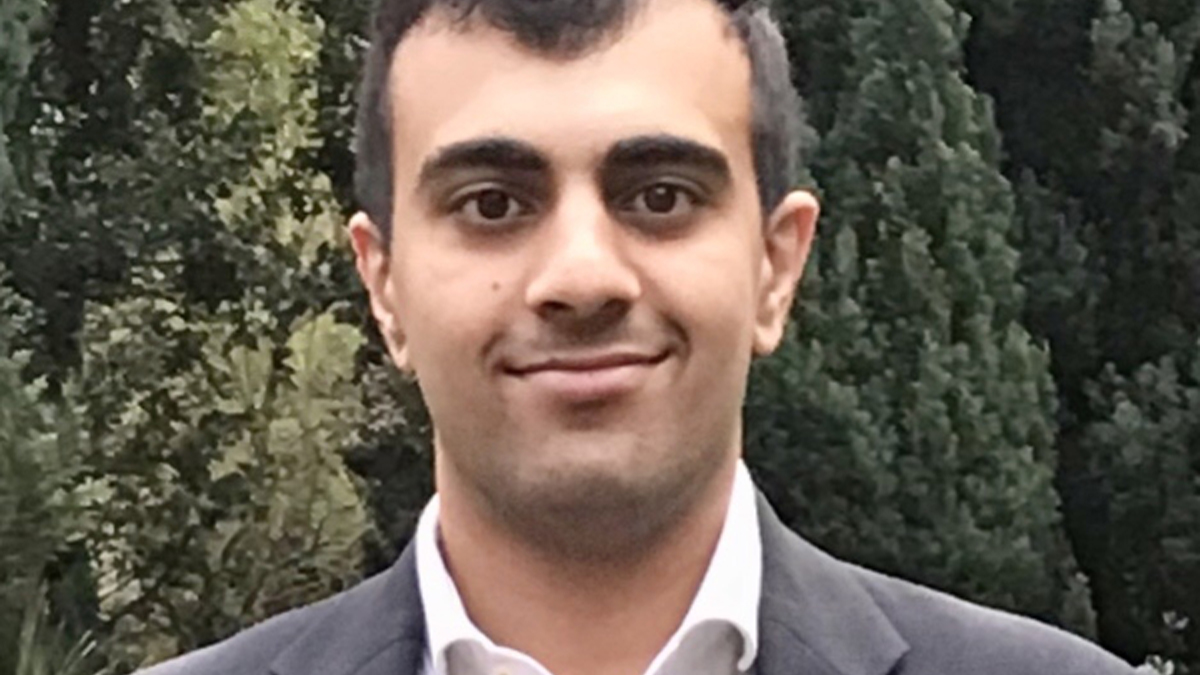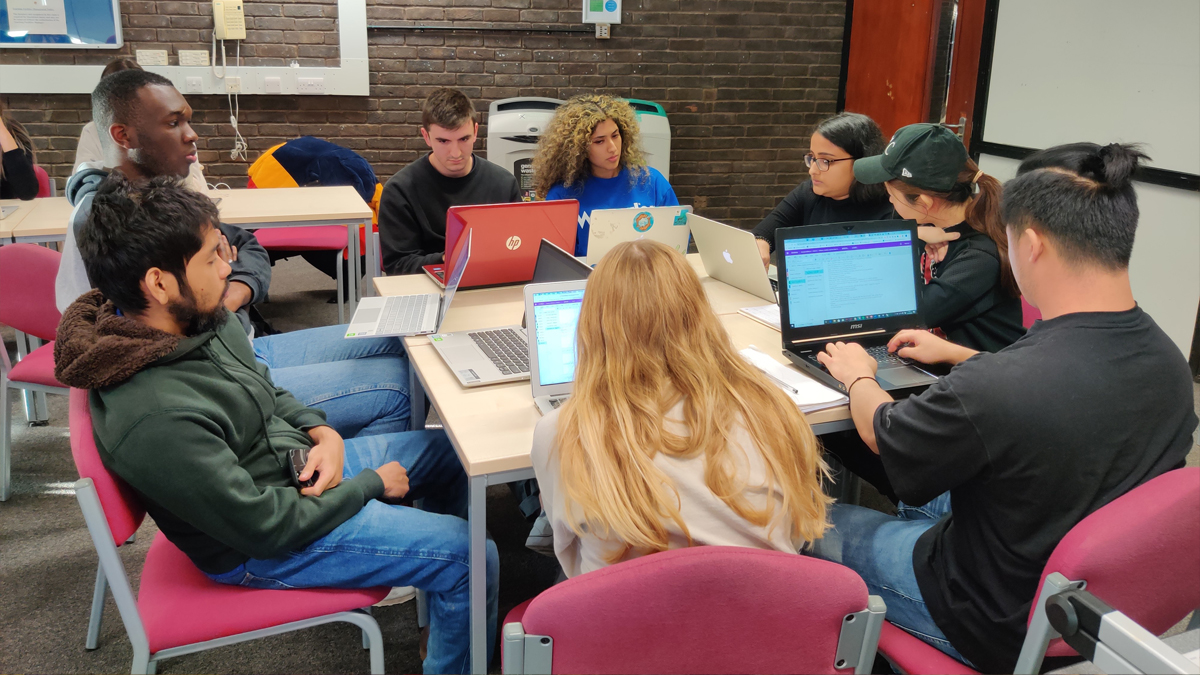
As a School, we are nationally renowned for the range of co-curricular activities, voluntary opportunities and pro bono work we offer to our students. These opportunities can help you develop personally as well as professionally and also support the University's efforts in giving back to the Reading community.
Read how Charley benefitted from co-curricular activities at Reading.
